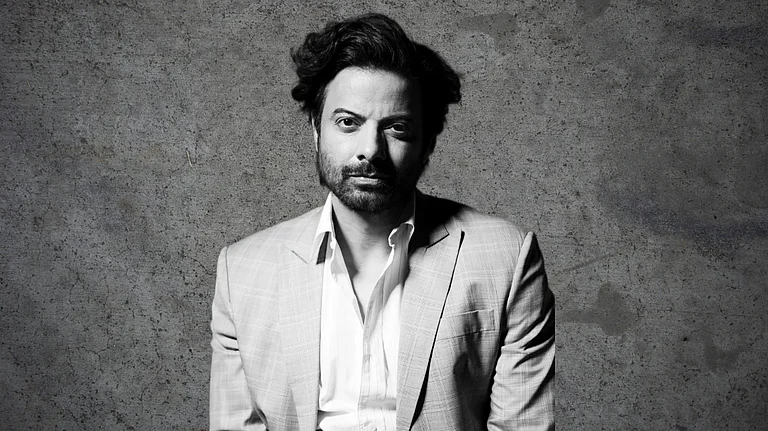The Supreme Court on Wednesday, while setting free a death row convict, noted that ‘great caution’ must be exercised while placing reliance on dying declarations even as the law attaches a presumption of truthfulness to such statements. The court acquitted him of the charge of setting afire his son and two brothers, who were allegedly against his second marriage, at his Bijnore home in 2014, saying the dying declarations of two victims were not in sync with the testimonies of key witnesses.
“Dying declaration while carrying a presumption of being true must be wholly reliable and inspire confidence. Where there is any suspicion over the veracity of the same or the evidence on record shows that the dying declaration is not true it will only be considered as a piece of evidence but cannot be the basis for conviction alone,” a bench comprising justices B R Gavai, J B Pardiwala and Prashant Kumar Mishra said in its 36-page judgement.
The convict in question, Irfan, was in jail for eight years, for his alleged role in the death of his son Islamuddin and two brothers Irshad and Naushad on the intervening night of August 5-6, 2014. The trial court had then relied upon the dying declarations of Irshad and Islamuddin naming Irfan as the person who set them on fire.
Further, the Allahabad High COurt upheld the judgment and the sentence in 2018.
What SC said on dying declarations
The top court referred to the legal position and judgements, both Indian and foreign, on trustworthiness of dying declarations in a case hinging on circumstantial evidence.
“The juristic theory regarding the acceptability of a dying declaration is that such declaration is made in extremity, when the party is at the point of death and when every hope of this world is gone, when every motive to falsehood is silenced, and the man is induced by the most powerful consideration to speak only the truth,” the bench said, according to a report by LiveLaw.
The court further noted that great caution must be exercised in considering the weight to be given to such dying declarations. “Since the accused has no power of cross-examination, the courts insist that the dying declaration should be of such a nature as to inspire full confidence of the court in its truthfulness and correctness. The court, however, should always be on guard to see that the statement of the deceased was not as a result of either tutoring or prompting or a product of imagination,” it said.
The dying declaration has been considered true since time immemorial, but such statements are not accepted in strict sense, the court said. Directing courts to verify that such a declaration is truthful and reliable, the top court said it is the duty of the prosecution to establish the charge against the accused beyond the reasonable doubt.


























